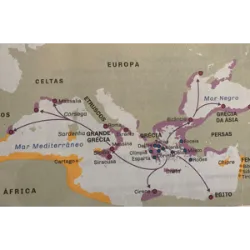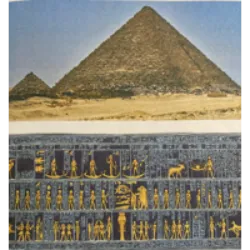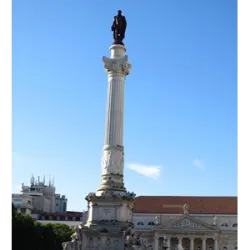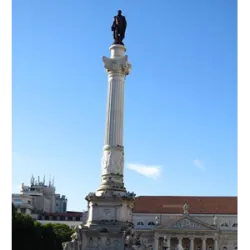The Signing of the Magna Carta in 1215
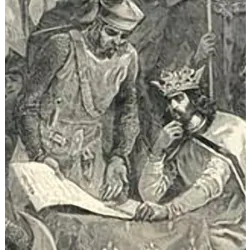
In 1215, King John of England signed the Magna Carta, one of the most important documents in political history, which limited the powers of the monarchy and guaranteed certain rights to its subjects. The agreement was the result of growing discontent among the English nobility, who were facing high taxes and abuses of power by the monarch. The Magna Carta established the idea that even the king was subject to the law, marking a turning point in the concept of governance in medieval Europe.
The document guaranteed fundamental rights, such as the protection of the property and freedom of subjects, and introduced important principles such as due process, which would ensure that no one would be imprisoned or punished without a trial. In addition, the Magna Carta also created a council of barons who would be consulted on the creation of taxes, giving the nobility a greater voice.
Although the Magna Carta was initially a response to a specific problem in John's reign, it became an enduring symbol of the struggle against absolute power and inspired future reforms in systems of government. Its legacy is evident in the evolution of modern democracies, being a milestone for the development of the ideas of limited government and individual rights.
Did you know?
